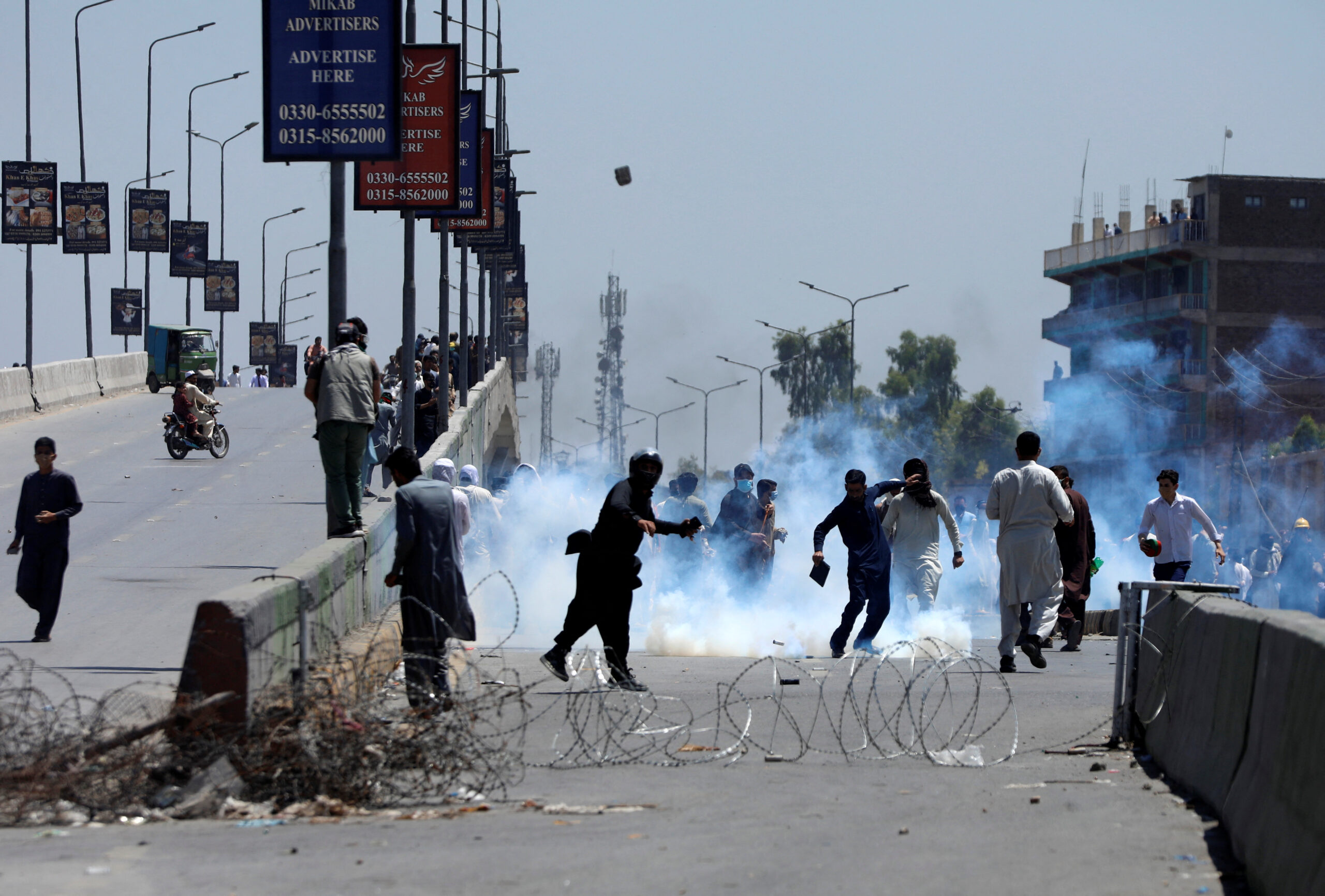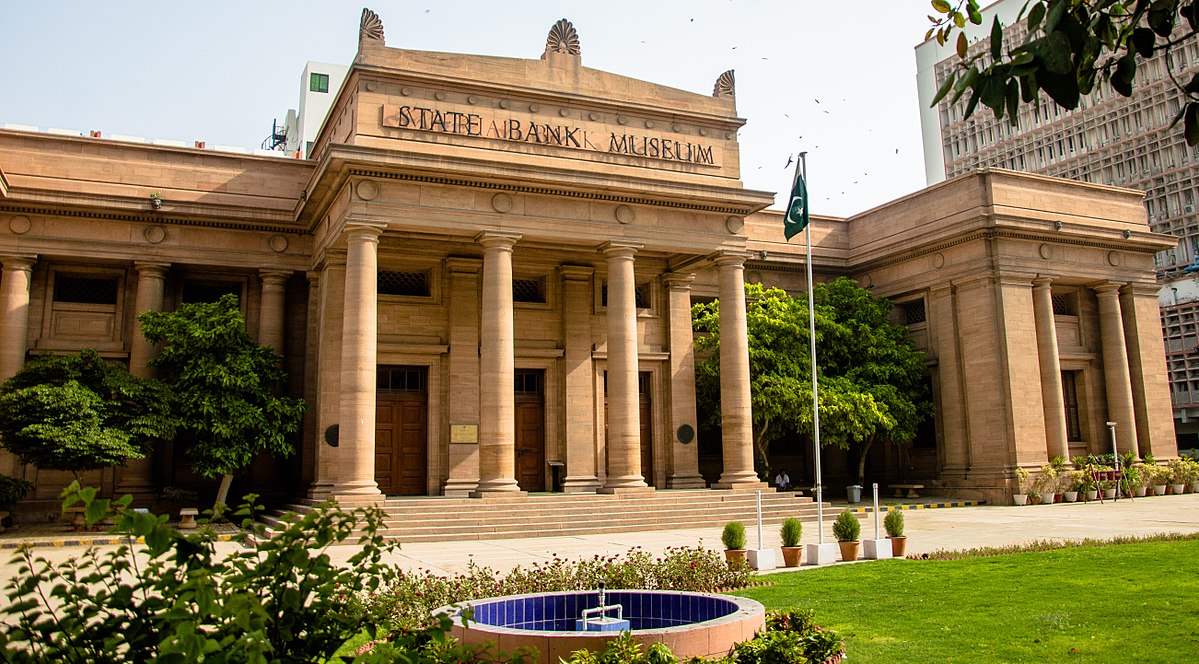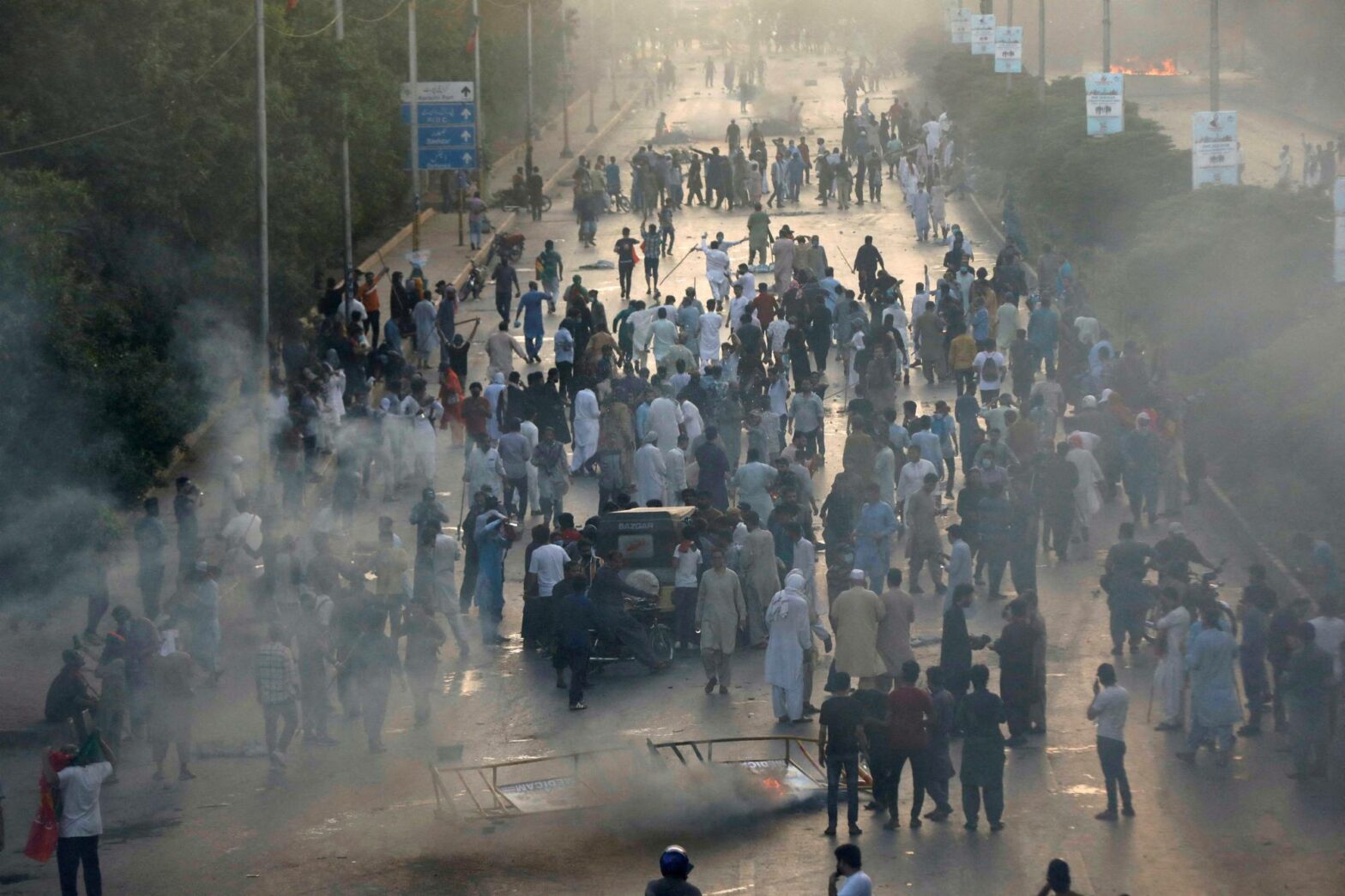Political Crises = Economic Uncertainty
Political crises often coincide with economic uncertainty. Investors begin shying away from stock markets to avoid potential losses. They tend to sell their stocks. Such uncertainty therefore often leads to increased volatility and a decrease in stock prices. A political crisis that is limited in scope and has a clear resolution may have a minimal impact on the stock market. However, a political crisis that threatens the stability of a country or region, such as a coup or civil unrest, can lead to a significant decline in the stock market.
What About the Long Term?

During times of turmoil, the economic landscape usually deteriorates as delays and disagreements derail policy-making. A solid macroeconomic foundation may see the market quickly rebound once conditions stabilize. Countries with strong economies and stable financial systems may be able to weather political crises without significant declines in their stock markets. In contrast, countries with fragile financial systems may be more vulnerable to long-term damages. For detailed reports on Pakistan’s economy, visit our LinkedIn.
Pakistan: A Relevant Case Study
Pakistan is currently facing an economic and political crisis, with headlines focused on an imminent default. Skyrocketing inflation, surging interest rates, and free-falling consumer confidence have arrested all economic progress. The severity of the situation has many believing that an IMF program may be necessary to prevent an economic collapse.

The Current Situation
Enter the recent political crisis sparked by Imran Khan’s arrest, which has culminated in violent country-wide protests. The near-term revival of the IMF program, now, seems highly unlikely as the situation on the ground intensifies. The US Dollar has already crossed PKR 300 as investors speculate on Pakistan’s ability to pay back its external debt. (For more regular updates on the stock market, follow our Facebook)
Pakistan’s economy is marked by obstacles and uncertainties. One of the most significant concerns is foreign debt sustainability, which is affected by a high debt servicing burden, limited inflows, and critically-low foreign currency reserves. Pakistan’s outstanding external public debt reached USD 86.6bn in December 2022, which is approximately 25.0% of its GDP. This has resulted in Pakistan’s foreign-denominated bond yields surging over 100% for certain tenures, due to a lack of faith in the economy, which could lead to a financial crisis if not managed properly. Click here for our full video on Pakistan’s economic performance for May 2023.
To revive the IMF program, the government may have to make additional fiscal decisions in the upcoming federal budget, such as the imposition of new taxes and a reduction in subsidies. Although Pakistan’s economy appeared to be heading in the right direction, with easing external account imbalances and recovering foreign currency reserves, the sustainability of these trends is questionable.
Conclusion
Political instability, protests and civil unrest can lead to disruptions in economic activity, which can in turn affect corporate earnings and investor sentiment. Similarly, changes in government policies or leadership can lead to uncertainty and volatility in the stock market.

Pakistan’s economy is facing a challenging road ahead, marked by obstacles and uncertainties. The current situation may continue to impede progress and create a long and winding path to recovery. To better learn how to navigate these uncertain times, contact KTrade, and secure your financial future.


